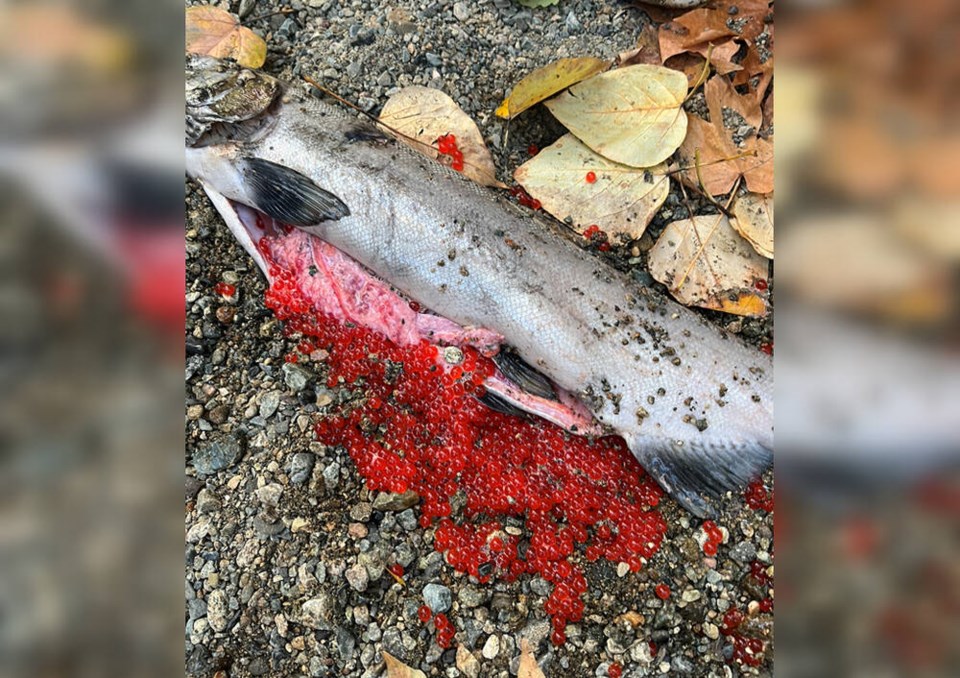You are forgiven if you’ve never heard of 6PPD-quinone. We’d never heard of it either until last week when we learned it was most likely responsible for the deaths of dozens of salmon in West Vancouver’s Brothers Creek.
The substance is sprayed on car tires to extend their life, but it accumulates on roadsides and then can get washed into the path of coho by stormwater, killing them before they can spawn the next generation. It is tragic.
It is also part of a familiar cycle of humans realizing the consequences of our industrial processes only after the damage has been done.
CFCs were an indispensable part of refrigeration until we discovered they were depleting the ozone layer. Lead additives made our car engines run smoother until we discovered they were poisoning us and everything else.
We are only just now shifting away from carbon as an energy source, hopefully not too late to maintain a livable atmosphere.
The US Environmental Protection Agency has started its process to bring 6PPD under more stringent regulation. Of course, it is now incumbent on chemical engineers to go back to the drawing board and find another less-toxic alternative.
But let this be a turning point for us in how we think about stormwater more broadly. 6PPD may be the worst of the bunch, but urban runoff is a toxic soup that our aquatic species, which are already beset on all sides, don’t deserve in their gills or their habitat.
What are your thoughts? Send us a letter via email by clicking here or post a comment below.




